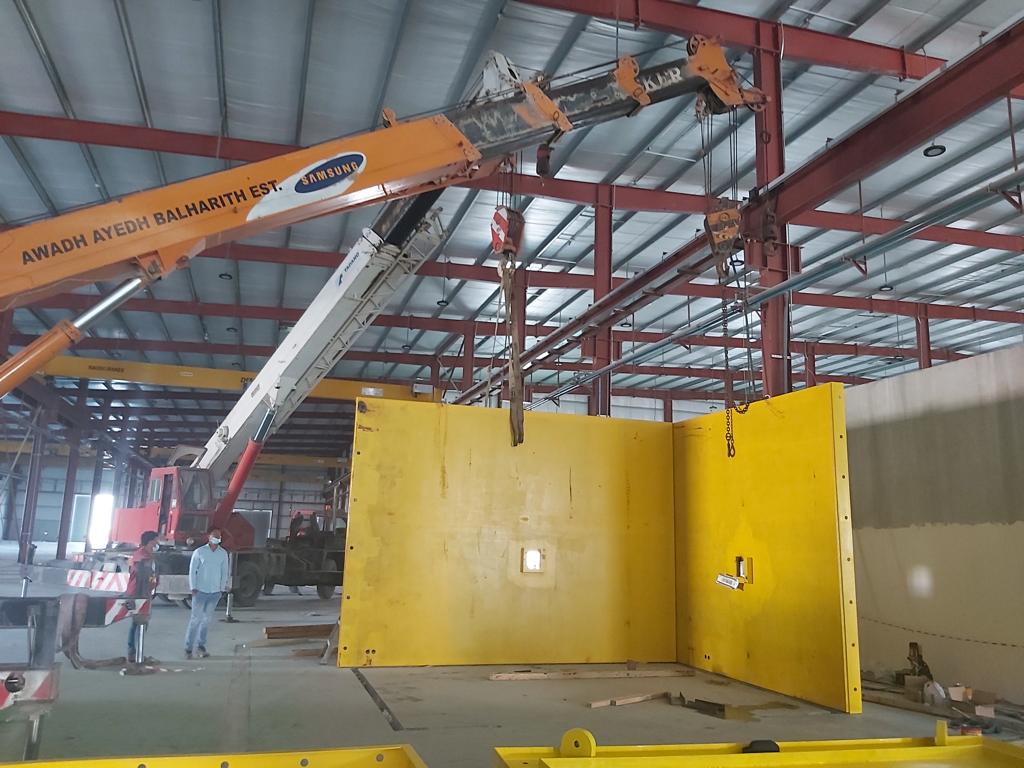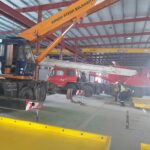Introduction: General maintenance forms the foundation of proper asset management and is vital for ensuring the functionality, safety, and longevity of various structures, systems, and equipment. From residential properties to commercial buildings, machinery, and vehicles, regular maintenance plays a crucial role in preventing costly repairs, optimizing performance, and maintaining a safe and comfortable environment. In this blog, we will explore the significance of general maintenance, its benefits, and the essential tasks involved.
- Proactive Approach to Preservation: General maintenance takes a proactive approach to asset preservation. By implementing scheduled inspections, cleaning, and servicing, potential issues can be identified early on, preventing them from escalating into major problems. Regular maintenance enables timely repairs, reducing the risk of breakdowns, malfunctions, and costly replacements. It safeguards the value and functionality of assets while prolonging their lifespan.
- Enhanced Performance and Efficiency: Regular maintenance directly contributes to the enhanced performance and efficiency of various systems and equipment. Whether it’s HVAC systems, electrical wiring, plumbing, or machinery, routine maintenance ensures optimal functionality. Cleaning, lubricating, calibrating, and replacing worn components help maintain peak performance levels, reducing energy consumption and improving overall efficiency. Well-maintained assets operate reliably, delivering the desired results while minimizing downtime.
- Safety and Risk Mitigation: Safety is paramount in any environment, and general maintenance plays a vital role in ensuring the safety of individuals and property. Maintenance tasks such as inspecting fire safety systems, testing emergency exits, checking electrical connections, and maintaining equipment certifications reduce the risk of accidents, fires, and other hazardous situations. Regular upkeep helps identify potential safety hazards and facilitates prompt corrective actions, promoting a secure environment for occupants and users.
- Cost Savings and Asset Protection: Investing in regular maintenance yields significant cost savings over the long term. By addressing minor issues before they escalate, maintenance helps prevent expensive repairs or complete system failures. Additionally, well-maintained assets tend to have extended lifespans, reducing the need for premature replacements. Maintenance costs are often a fraction of the expenses incurred when neglecting maintenance, making it a cost-effective approach to asset protection.
- Compliance with Regulations and Standards: Adhering to industry regulations and standards is crucial for various assets, including buildings, vehicles, and machinery. General maintenance ensures compliance with relevant codes, regulations, and safety standards. Regular inspections and maintenance activities help identify any non-compliance issues and facilitate timely corrective measures. By meeting regulatory requirements, businesses and property owners avoid penalties, legal liabilities, and potential disruptions to operations.
- Preservation of Aesthetics and Value: General maintenance extends beyond functionality and safety—it also helps preserve aesthetics and property value. Regular cleaning, painting, and upkeep of buildings, landscapes, and interior spaces maintain their appeal and curb appeal. Well-maintained assets hold their value better over time, whether it’s a residential property, commercial building, or vehicle.
Conclusion: General maintenance is an essential aspect of responsible asset management. By taking a proactive approach to preservation, enhancing performance, ensuring safety, and protecting value, regular maintenance delivers numerous benefits. From cost savings and risk mitigation to compliance with regulations and the preservation of aesthetics, investing in general maintenance ensures assets continue to operate at their best. Embracing a comprehensive maintenance program not only safeguards functionality and longevity but also provides peace of mind to owners, occupants, and users, contributing to a safer, more efficient, and sustainable environment.




